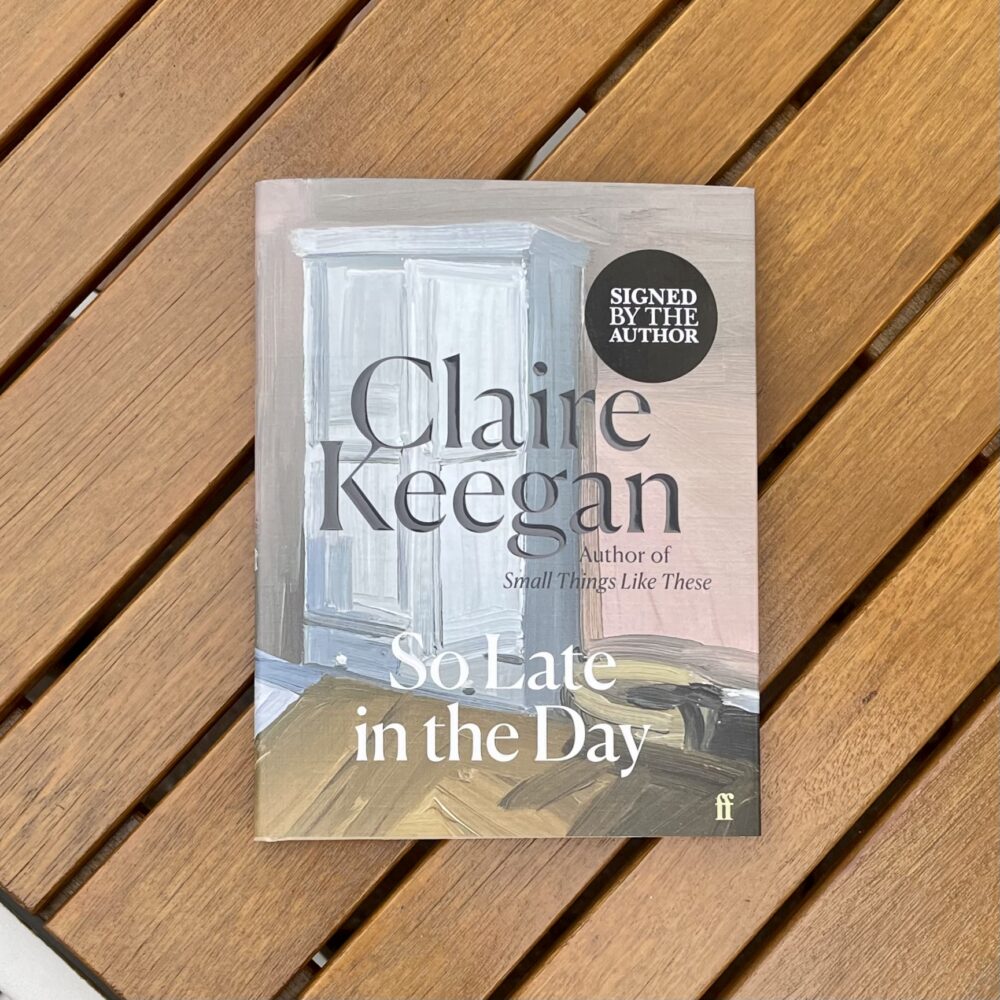It’s Great North Run day

The stage is set for the Great North Run, which remains the world’s largest half-marathon. Starting in Newcastle, the participants run down to the coast at South Shields.
It’s the first ‘proper’ Great North Run weekend in several years: 2020 was cancelled due to the pandemic, 2021 took a ‘modified’ pandemic-friendly route, 2022 saw a sombre event with the associated smaller runs cancelled due to Elizabeth II’s death.
Sir Mo Farah has also chosen this year’s race to be the finale of his career as a professional athlete. He’s won the Great North Run six times to date, and the Metro has changed the cubic sign en route at Heworth to feature his silhouette. Local radio wags have called it the Metmo.
The Red Arrows will fly past at 1135, and shake our house as they do so.
I don’t think there’s been a year in the decades I’ve lived in the North East when I haven’t known and sponsored at least one person in the run. I’ve never taken part myself… obviously… but Wendy has done one of the shorter runs before. Perhaps more shockingly, despite living within spitting distance of the route, neither of us has ventured out to spectate at the main Great North Run.
Will that change today? We’ll see…
This post was filed under: Post-a-day 2023, Great North Run, Newcastle-upon-Tyne.








